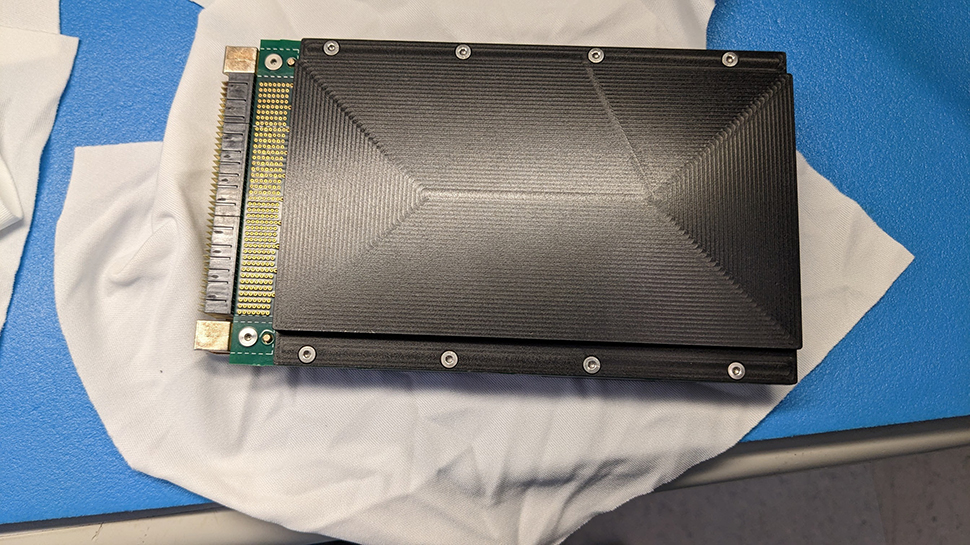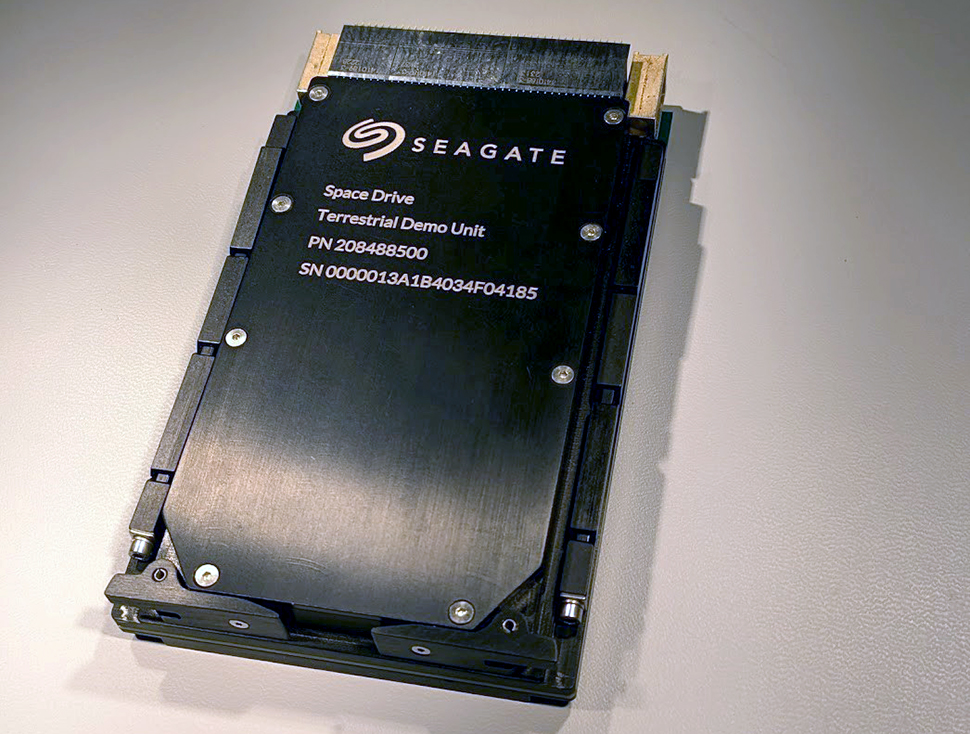
Seagate and BAE Systems have tested the first high-capacity data storage solution designed for use in space.
The hardened SSD was evaluated aboard the International Space Station as part of a mission aimed at improving data storage for Low Earth Orbit (LEO) satellites, addressing challenges such as heat dissipation, unpressurized environments, and the absence of conventional cooling.
This technology could ultimately expand CDNs and support AI-driven applications in space. By adding storage to satellite infrastructures, AI inferencing and real-time analysis could reach previously inaccessible regions, providing last-mile connectivity where fiber or cell networks are absent.
Drives in space
Seagate’s “Space Drive” was part of a broader payload by BAE Systems which included Linux-based software for real-time data processing.
This software enables containerized applications that can be updated in orbit, adapting to the evolving demands of space-based systems.
Additionally, the payload contained a radio frequency sounder and dual-band short-wavelength infrared (SWIR) camera for enhancing atmospheric measurement capabilities, hurricane modeling, and weather forecasting.
“Our team was able to assemble, integrate, and test this payload in just eight months,” Steve Smith, vice president of engineering, science and analysis for BAE Systems Space & Mission Systems told Aerospace Manufacturing.
The 2TB Seagate SSD with PCIe Gen3 x4 connectivity, which you can see in the “Terrestrial Demo Unit” photo below, and which Seagate plans to sell in 2025, has been specially designed to withstand the harsh conditions of space. Delivered to the ISS via a NASA resupply mission and assembled by the astronauts onboard, the device using the Seagate SSDs achieved impressive speeds of over 2Gbps.
Set for one year, the mission will conclude with the payload’s return to Earth for analysis. Engineers from BAE Systems and Seagate will examine the effects of space exposure on the SSD's performance and durability and use this data to refine future designs, advancing resilient storage solutions for space-based applications.

More from TechRadar Pro
- These are the fastest hard drives
- Seagate launches biggest hard drive ever - 30TB Exos Mozaic 3+ HDD
- Seagate claims its flagship hard drives could last more than 7 years







